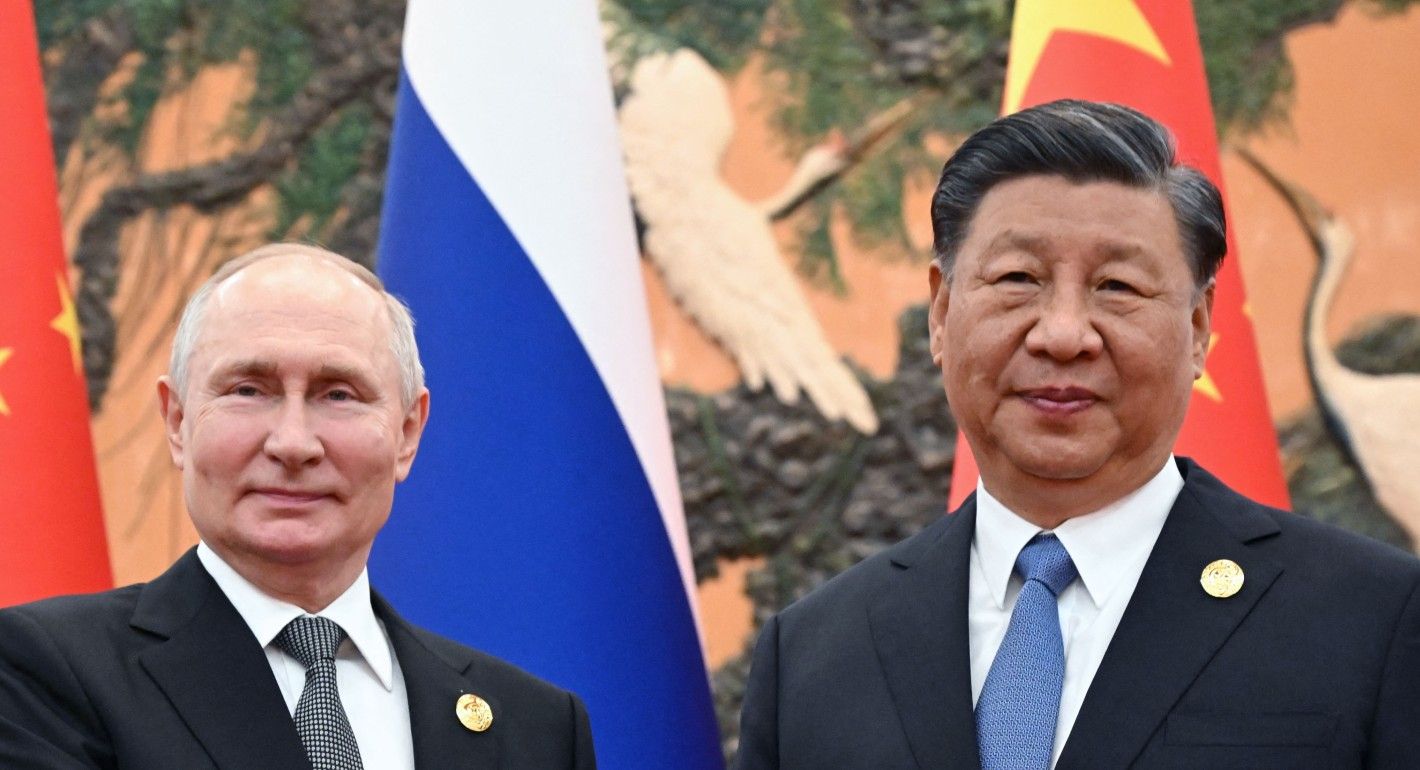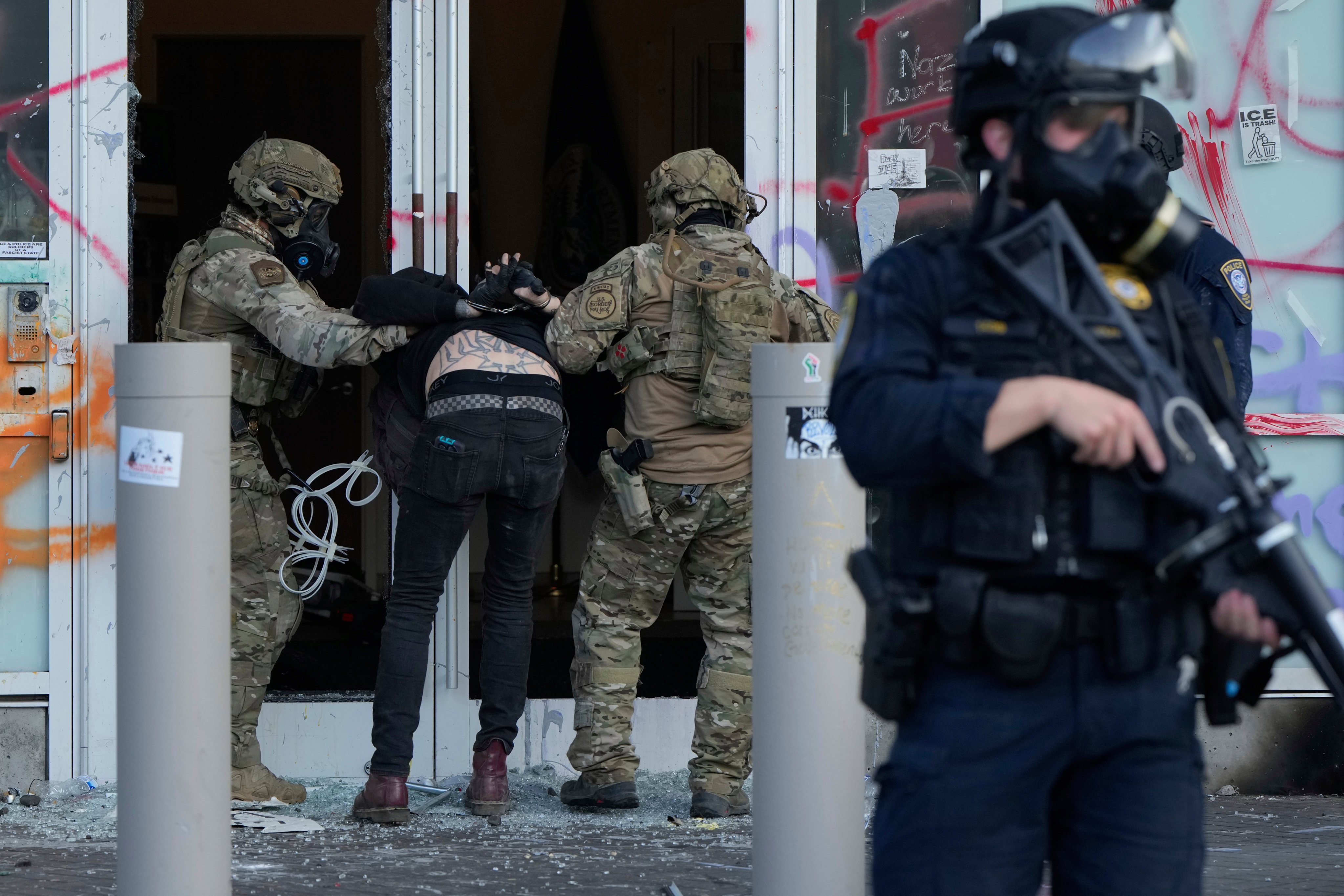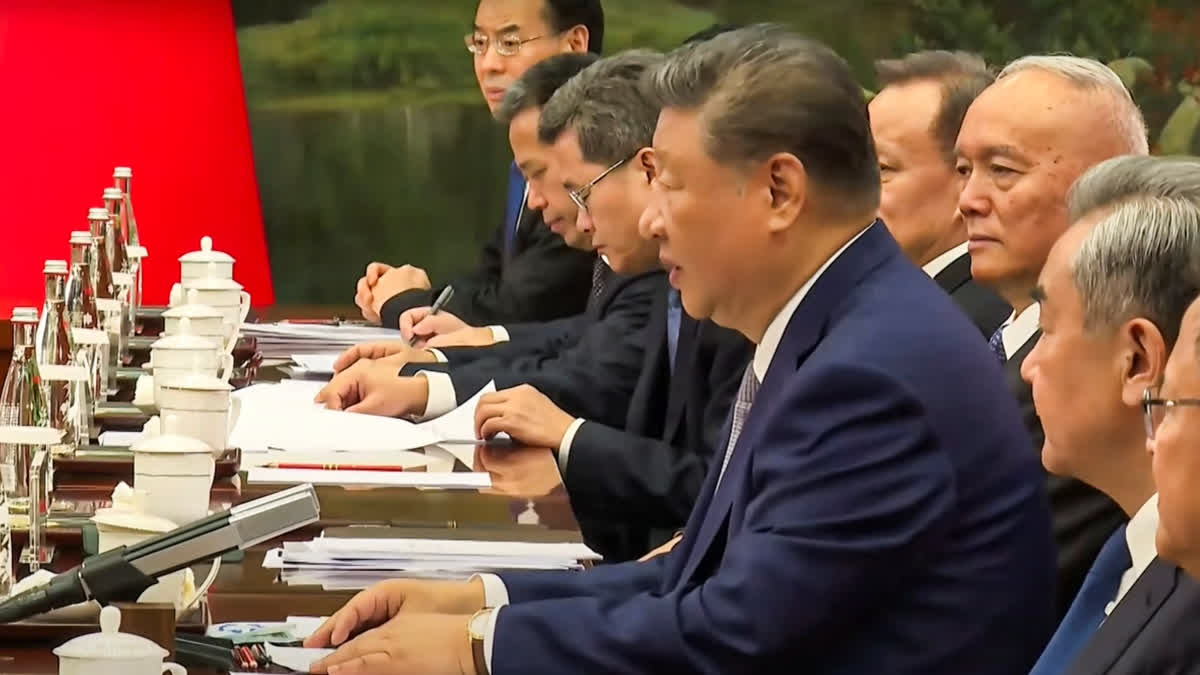The evolving partnership between Chinese President Xi Jinping and Russian President Vladimir Putin has drawn the attention of the international community. Their growing alignment signals an ambition to present an alternative to the Western-led global order, with both leaders emphasizing strategic cooperation at a time of heightened geopolitical tensions.
This relationship has developed against the backdrop of escalating friction with the United States and its allies. China’s rise as an economic and military powerhouse, coupled with Russia’s continued challenge to Western policies, has paved the way for deeper collaboration between the two nations. Their frequent public appearances and mutual support in key international forums underscore this shared vision for a multipolar world.
Observers have commented that the latest meetings between Xi and Putin have underscored a shared interest rather than just a symbolic partnership. Both countries aim to lessen reliance on financial systems controlled by the West, boost trade routes beyond conventional pathways, and increase their influence in areas such as Asia, Africa, and Latin America. These actions indicate a wish to counter what they view as excessive U.S. influence in world matters.
China’s diplomatic positioning has been especially assertive in recent years, projecting itself as a mediator and a proponent of stability while simultaneously increasing its military presence in key areas. The country’s Belt and Road Initiative continues to expand economic connectivity, offering infrastructure investments to developing nations. This strategy serves not only to boost trade but also to enhance China’s political influence across emerging markets, positioning it as a viable alternative to Western institutions.
Russia, on its end, is determined to preserve its significance despite dealing with major sanctions and political seclusion from Western countries. By enhancing its relationship with Beijing, Moscow acquires a crucial ally in commerce and technology, aiding in alleviating the economic impacts of Western limitations. This mutual reliance has intensified since Russia’s participation in the Ukraine conflict, which widened the gap with Europe and the United States.
Both leaders have repeatedly emphasized respect for sovereignty and non-interference in internal affairs, a stance they contrast with what they describe as interventionist policies of Western powers. This narrative appeals to nations that feel marginalized or constrained by Western diplomatic pressure, making the China-Russia bloc a compelling option for countries seeking alternative partnerships.
Energy collaboration continues to be a fundamental aspect of their partnership. Russia has shifted a significant portion of its oil and gas exports to Asian countries, with China becoming one of the biggest purchasers. Pipelines and long-term agreements guarantee a constant supply, enabling Beijing to obtain vital resources for its swiftly expanding economy. This energy connection enhances their interdependence and solidifies the stability of their bond.
Military collaboration is another key dimension. Joint exercises and defense technology exchanges between the two nations have increased significantly, signaling an alignment not only in diplomatic rhetoric but also in strategic capability. While both leaders assert that this cooperation is defensive in nature, analysts suggest it serves as a warning to the West that the global balance of power is shifting.
The symbolism of Xi and Putin standing together at international summits cannot be overstated. Their partnership sends a message that the era of unchallenged Western dominance may be fading. By coordinating positions on issues such as global governance, trade rules, and conflict resolution, they aim to shape institutions and norms in ways that reflect their interests and values.
Although the relationship is becoming more intimate, obstacles still exist. China remains wary of involvement in disputes that may negatively impact its international trade goals, whereas Russia aims to prevent becoming subordinate in this partnership. The economic power imbalance—where China is significantly more powerful than Russia—necessitates attentive handling to sustain shared benefits while preserving autonomy.
Western governments are worried about this alignment, seeing it as a threat to the liberal international order. Measures such as sanctions, diplomatic isolation, and military assistance to allies are being utilized to offset this developing alliance. Nonetheless, the steadfast cooperation between Xi and Putin indicates that this partnership is likely a strategic, long-term commitment rather than a temporary agreement.
The consequences of this partnership reach further than just bilateral ties. For nations in Africa, the Middle East, and Latin America, it provides a chance to broaden their alliances and find new avenues for investment and security collaboration. Consequently, Western powers might experience a slow decline in their influence within these areas, resulting in a more divided global environment.
Global organizations and multilateral forums are also likely to experience the effects of this partnership. Both China and Russia have signaled their intention to advocate for reforms in institutions such as the United Nations, the World Bank, and the International Monetary Fund. By pushing for changes that reflect a multipolar reality, they aim to weaken Western leverage in shaping international norms and economic systems.
From an economic perspective, China’s position as a worldwide production center and its progress in technology fields like artificial intelligence, telecommunications, and sustainable energy grants it considerable influence. Russia offers resources and military knowledge, forming a complementary synergy that furthers their mutual objectives. Together, they aim to establish a network that is more resilient to Western penalties and financial constraints.
Public perception in both countries reinforces this trajectory. State media in China and Russia frequently emphasize the strength of their partnership and frame it as a force for fairness and stability in global politics. This narrative resonates domestically, bolstering the legitimacy of both governments as defenders of sovereignty and independence in a world they portray as dominated by Western interests.
As global attention focuses on the growing relationship between Xi and Putin, inquiries emerge regarding the future of global relations. Will this partnership initiate a new period of geopolitical rivalry, or can it harmoniously coexist with Western nations within a balanced structure? The outcome will influence diplomacy, commerce, and security for the coming decades.
One certainty remains: the relationship between China and Russia has evolved from pragmatic cooperation to a strategic partnership with global implications. As they continue to present themselves as champions of a multipolar order, their combined influence is set to reshape the international system, challenging assumptions about who leads and who follows in the 21st century.






